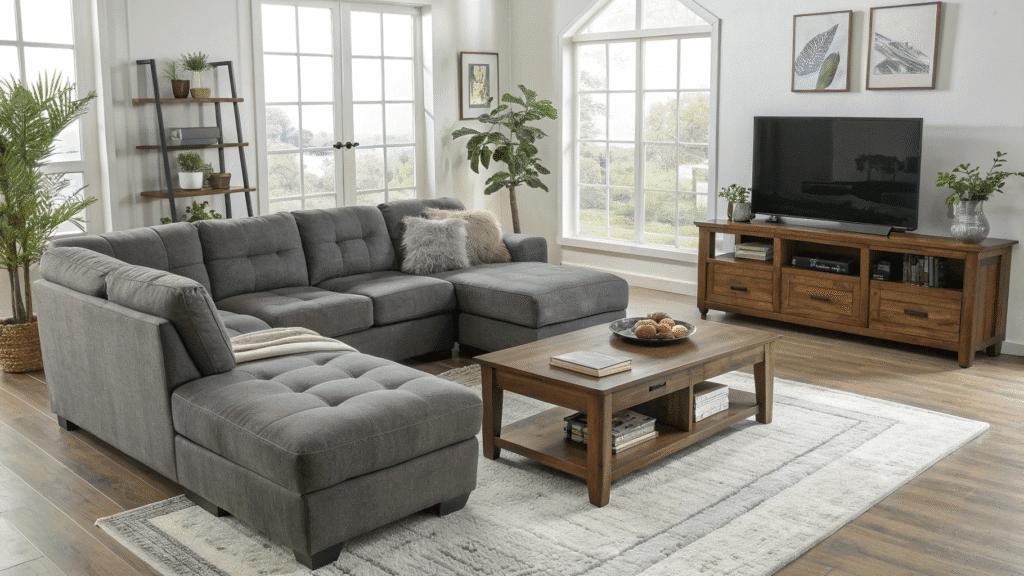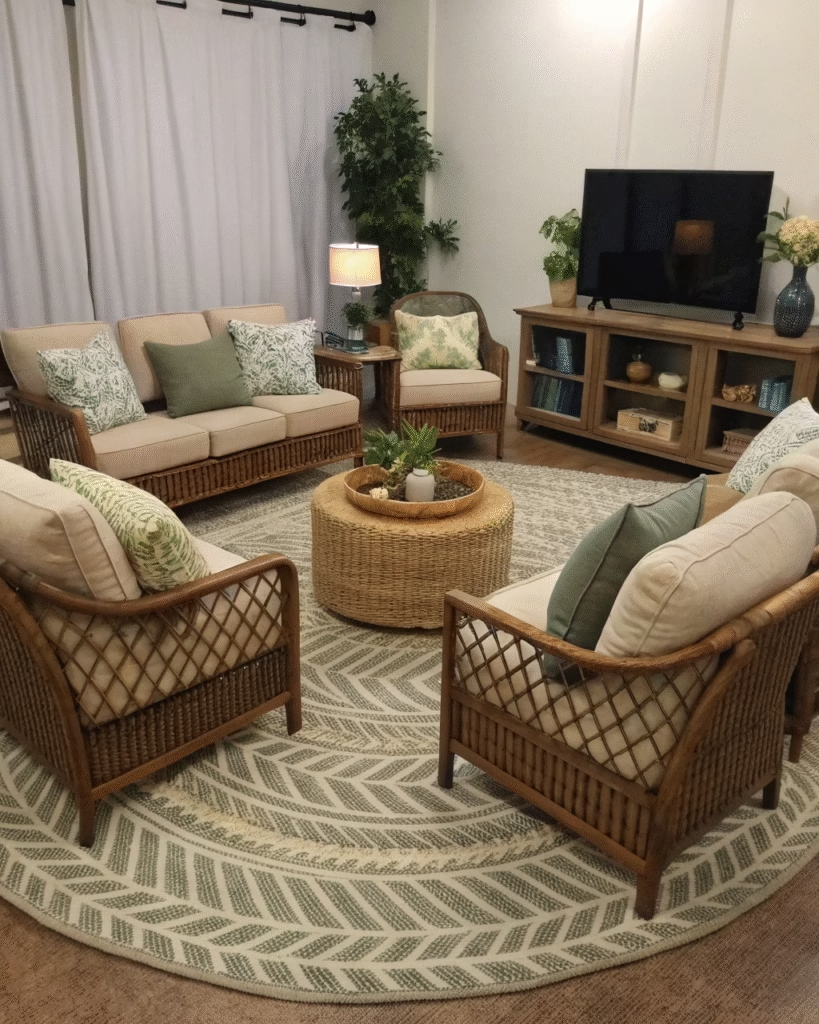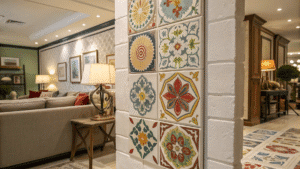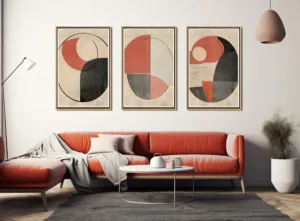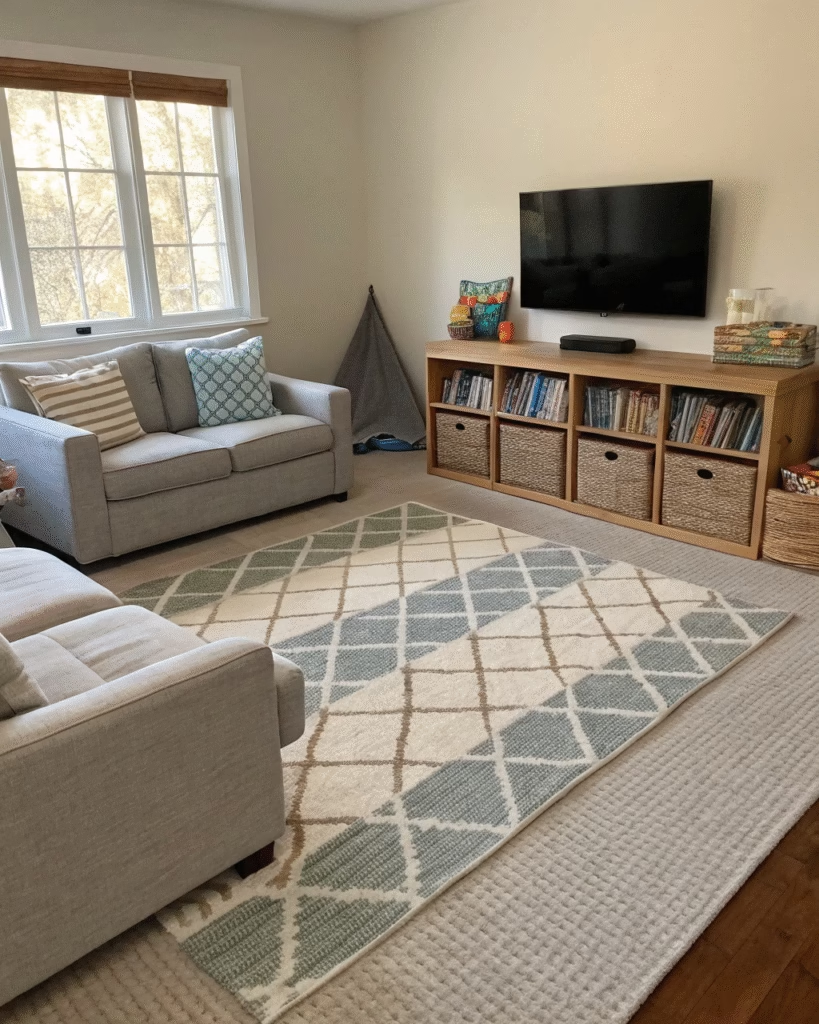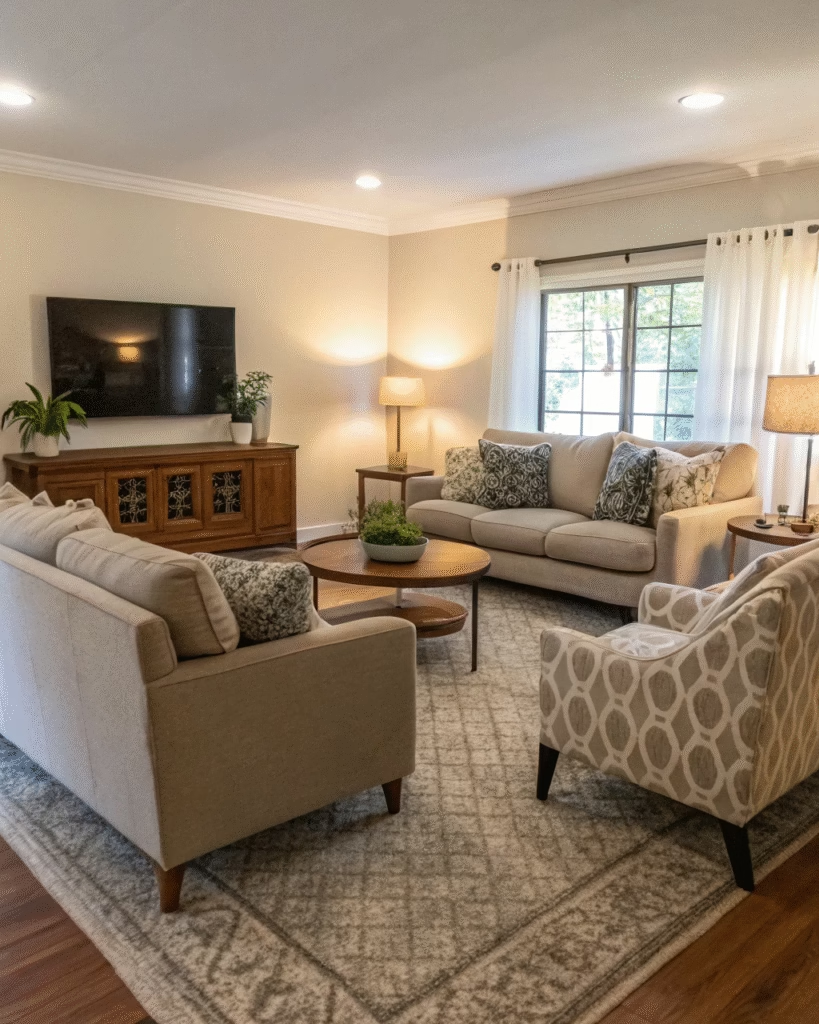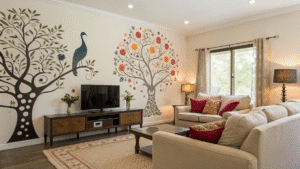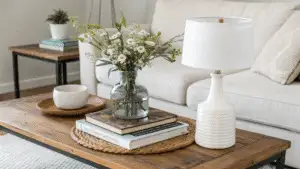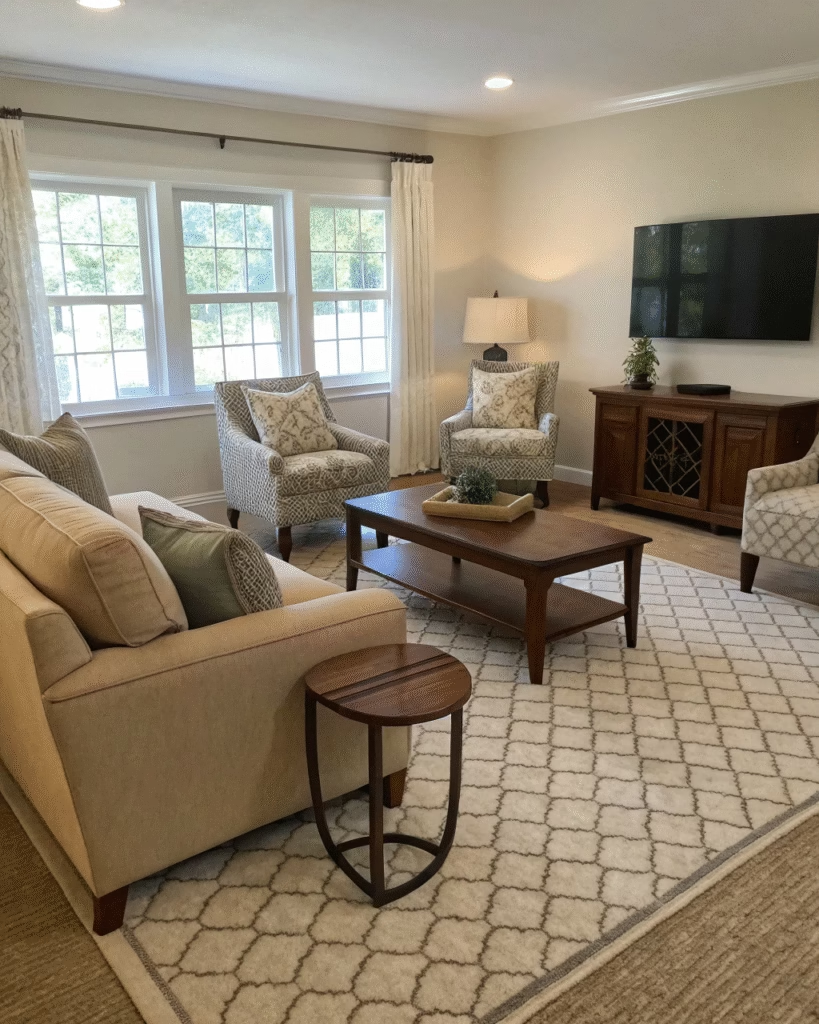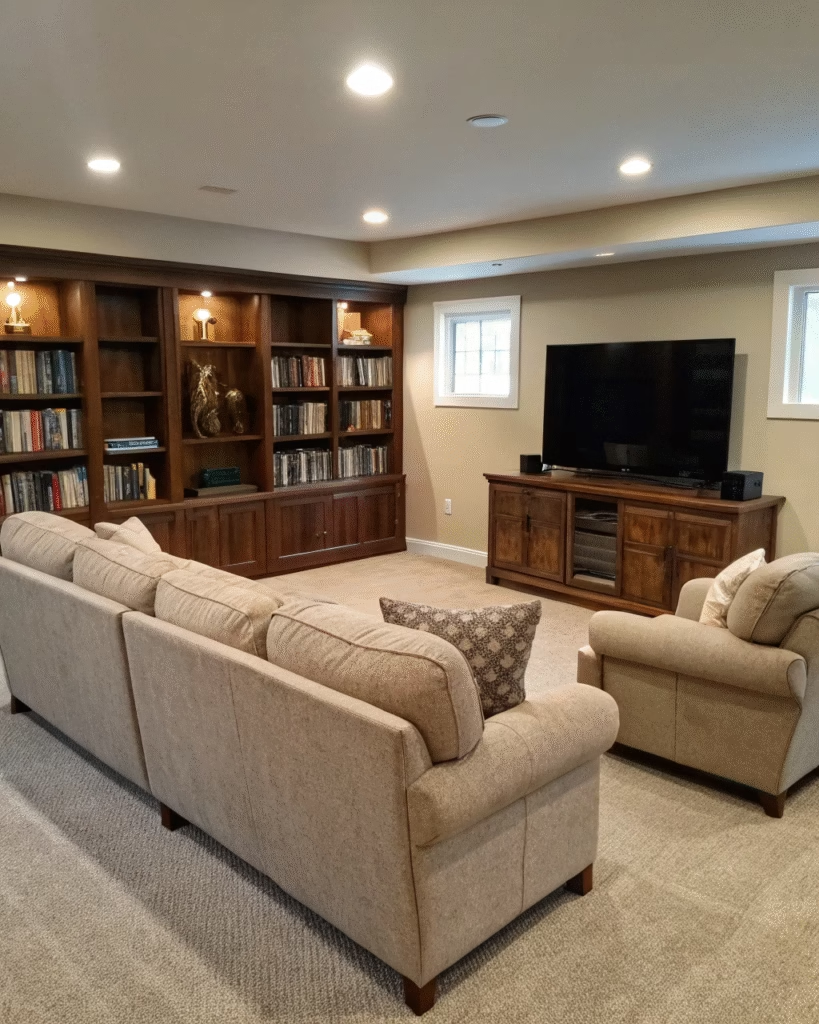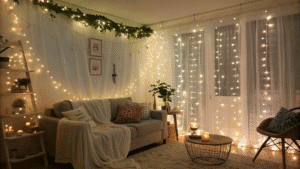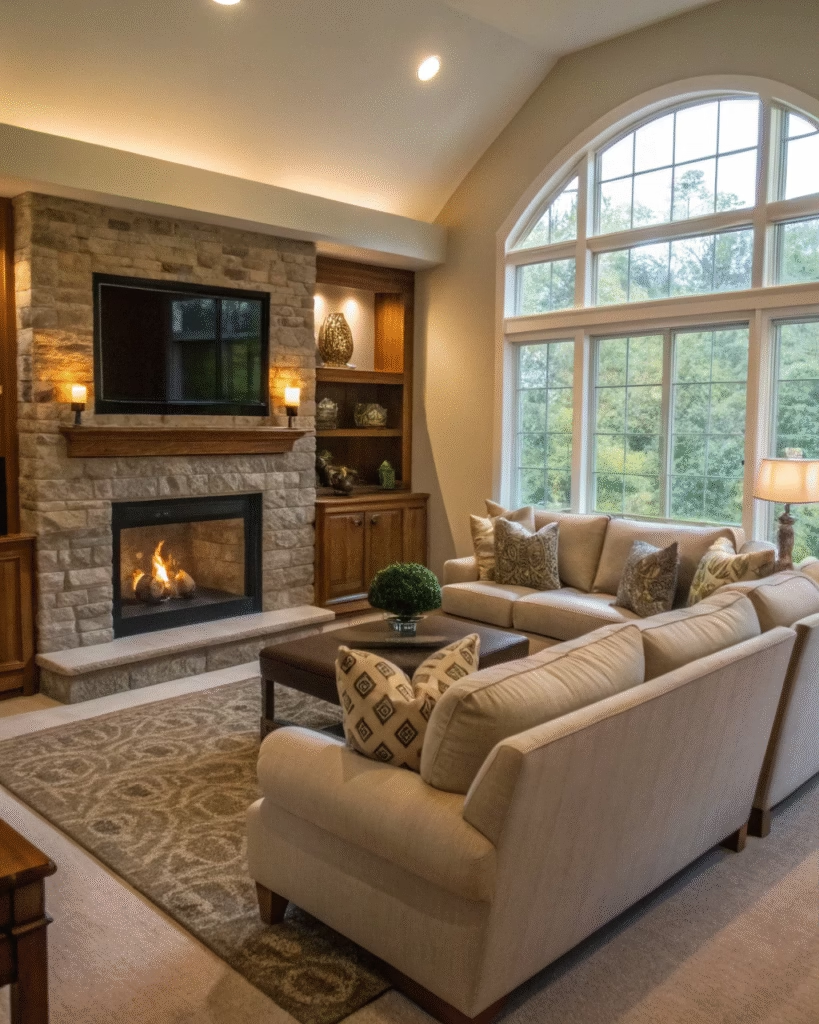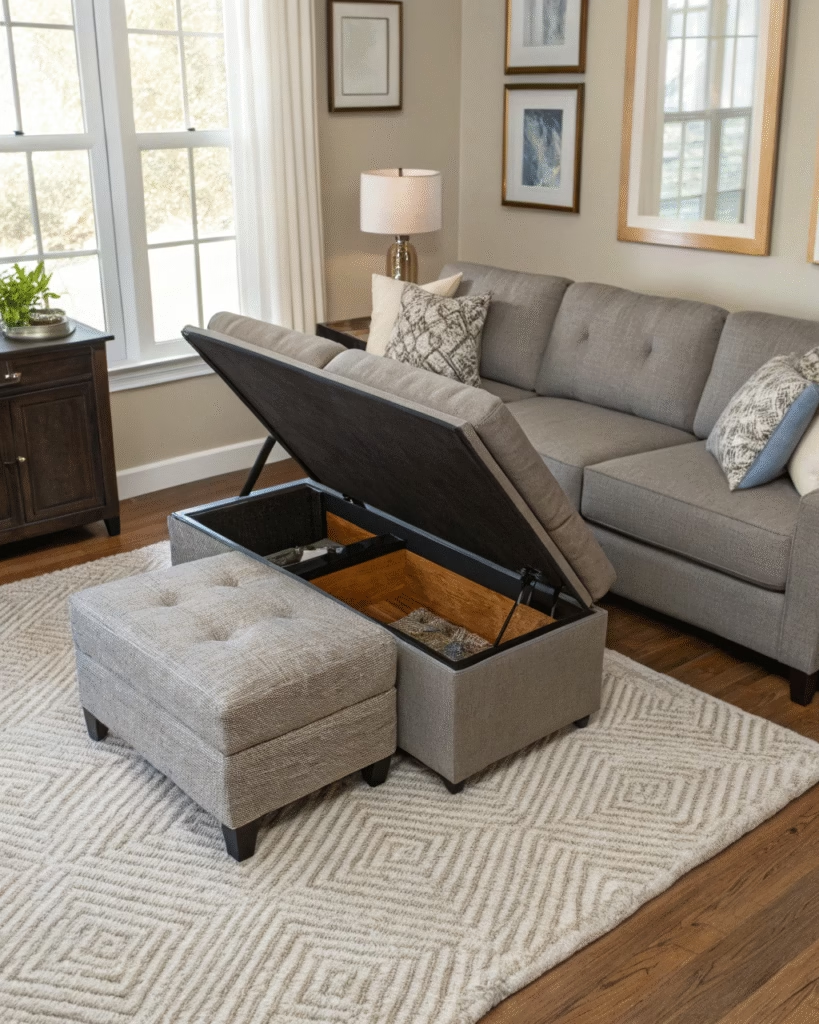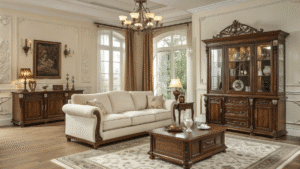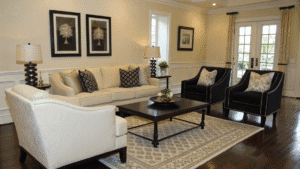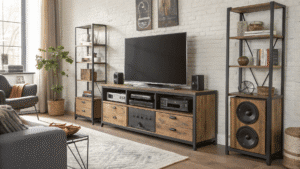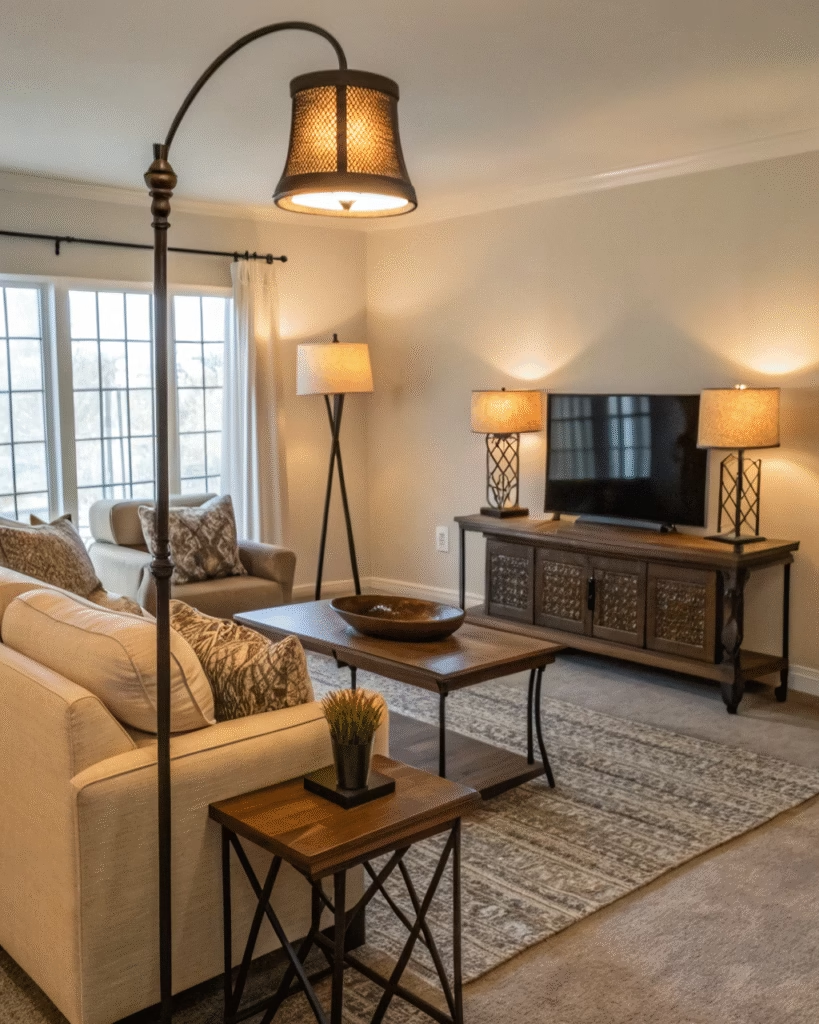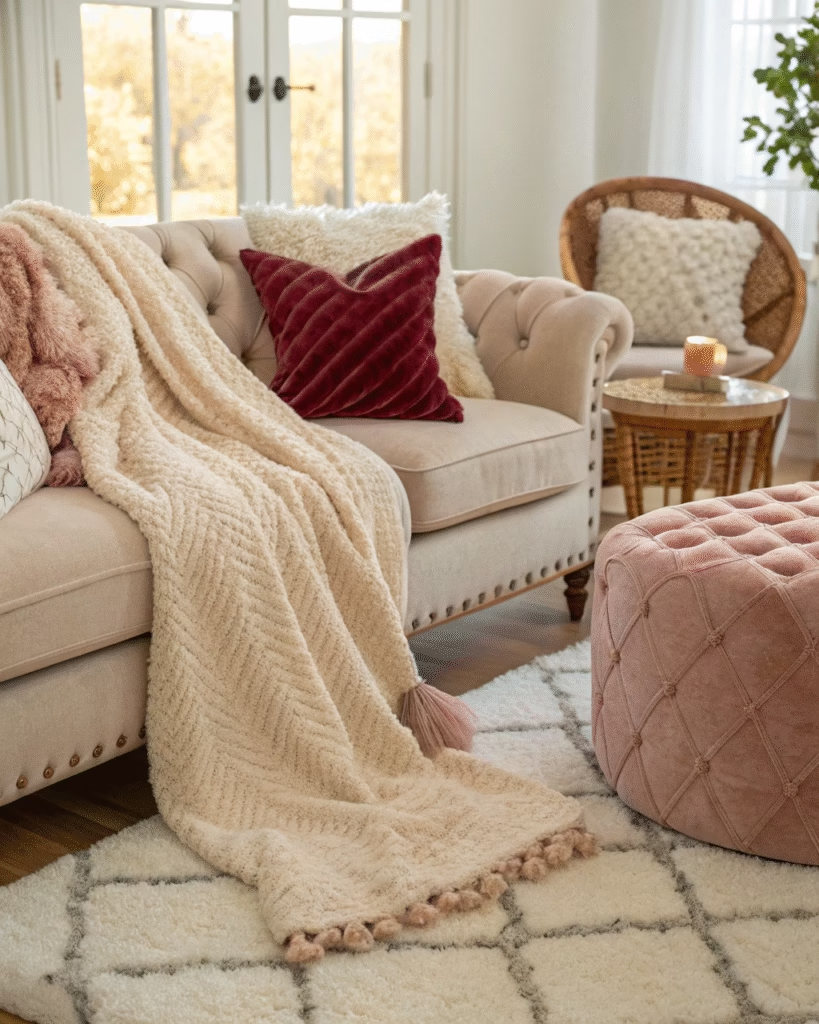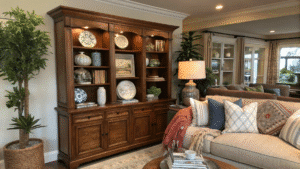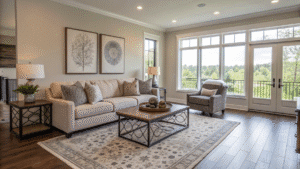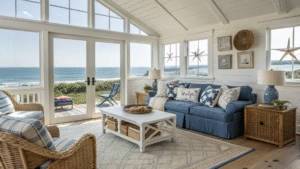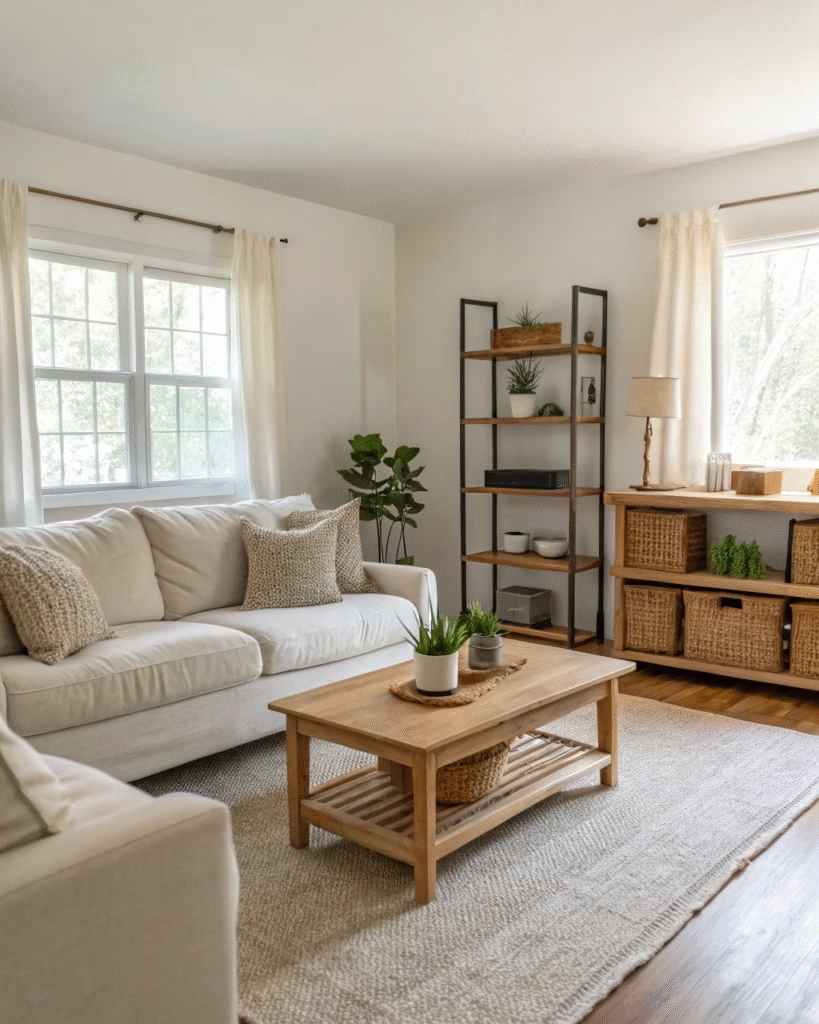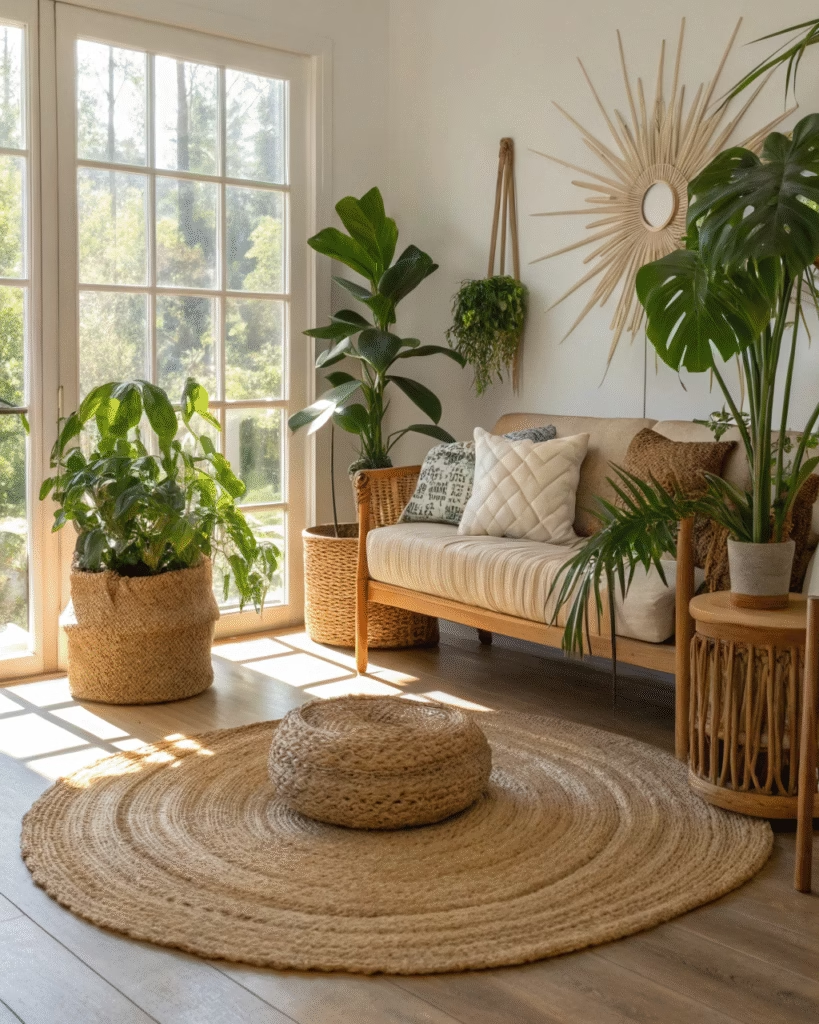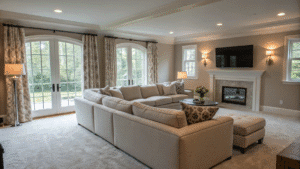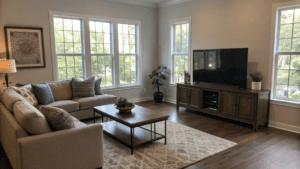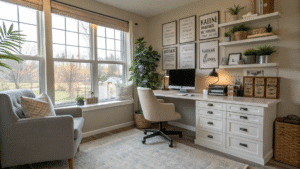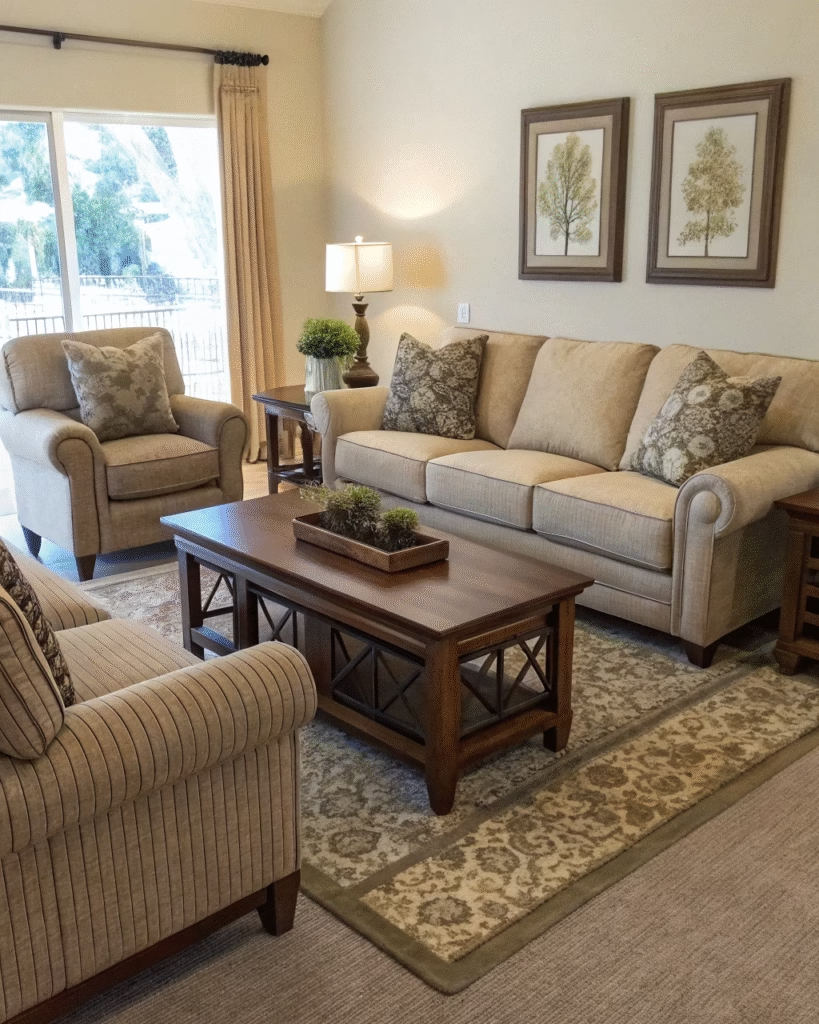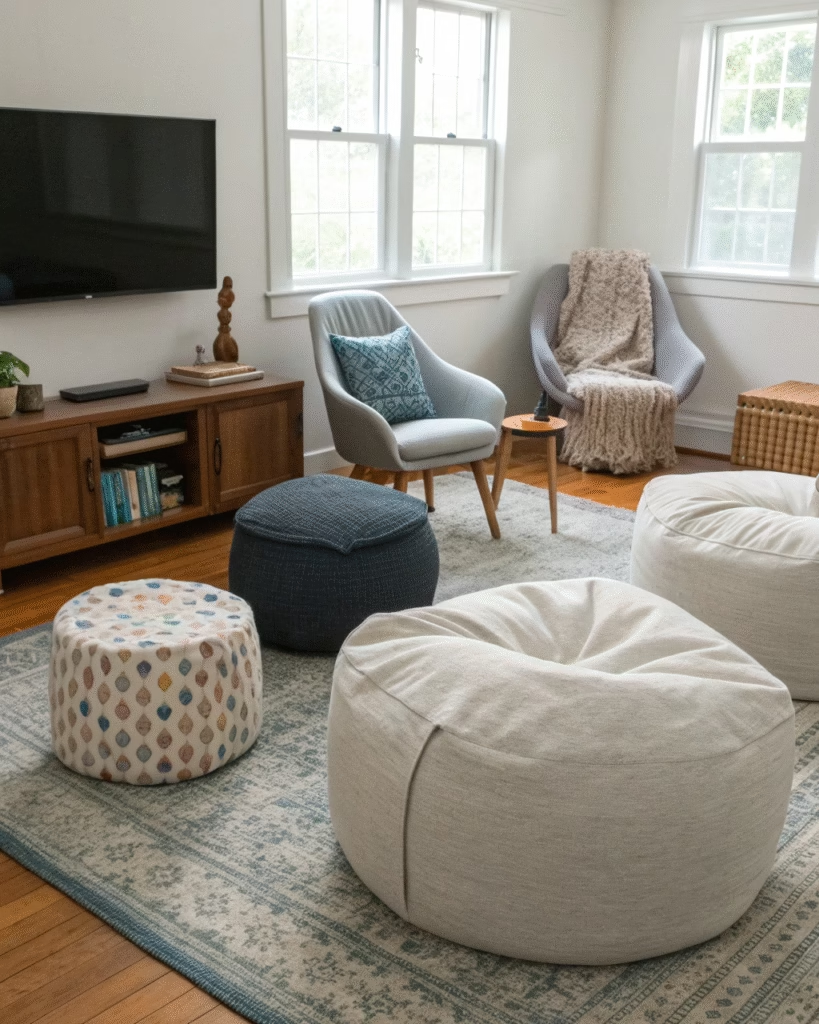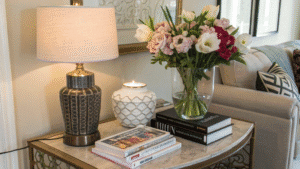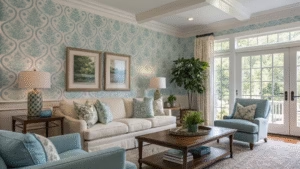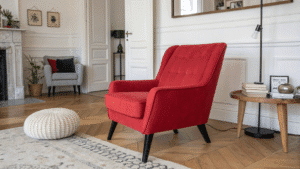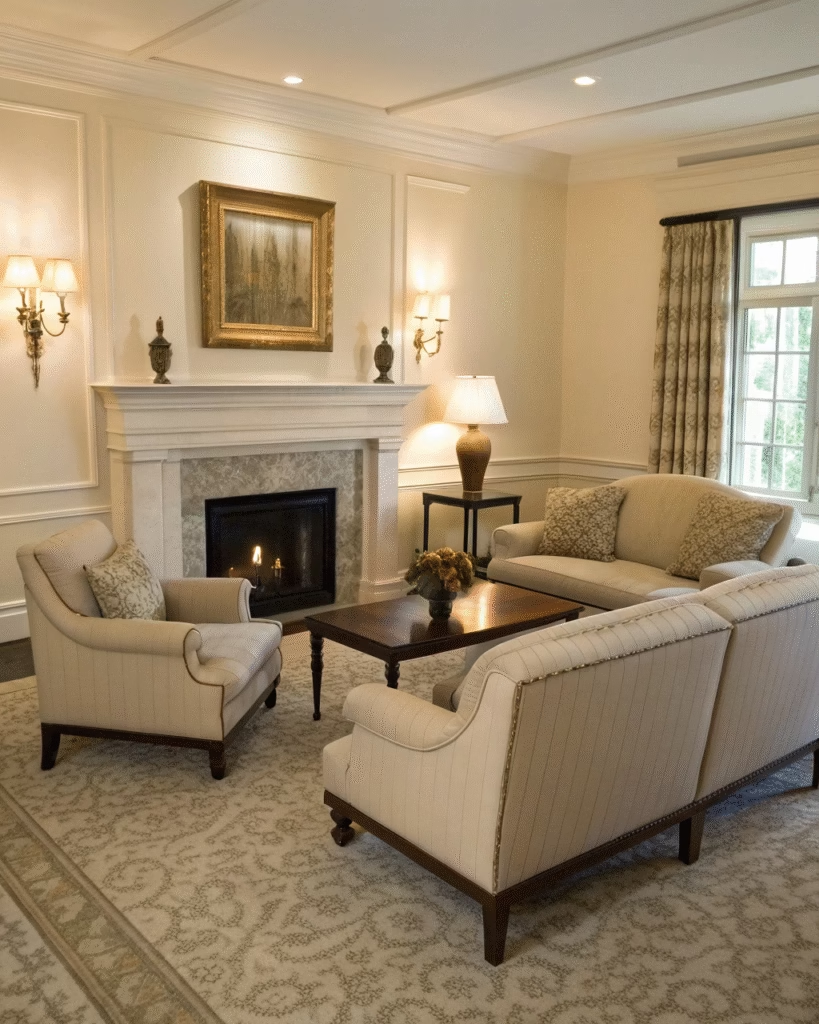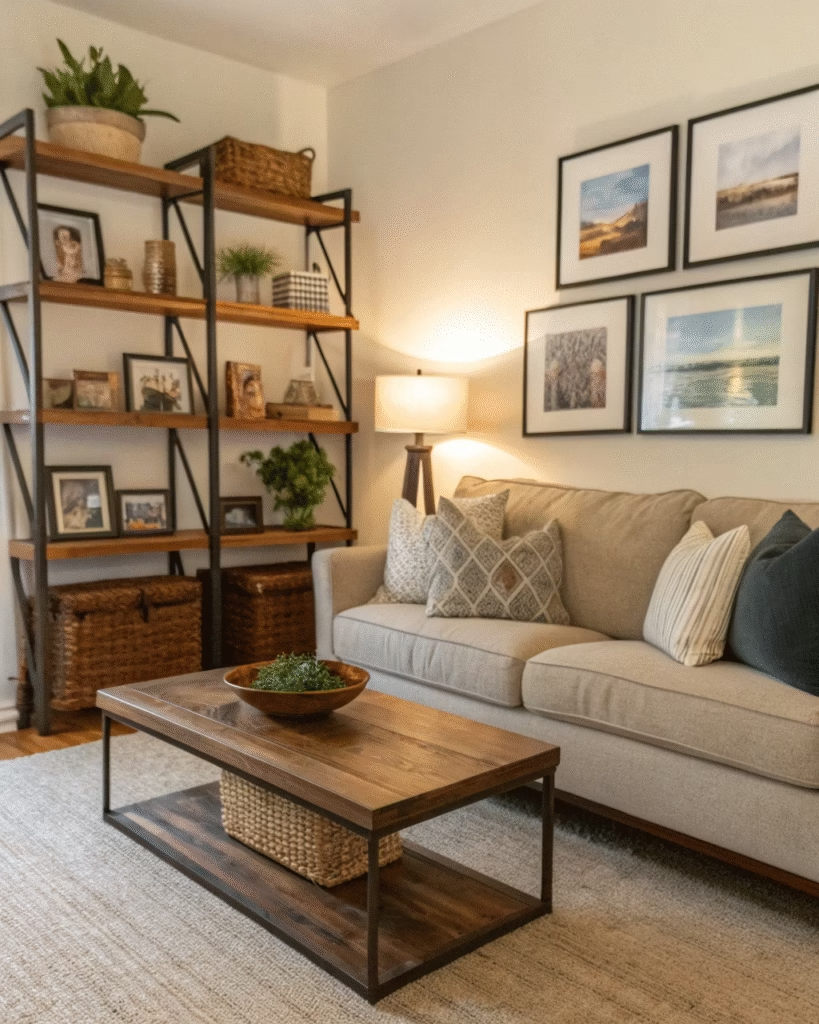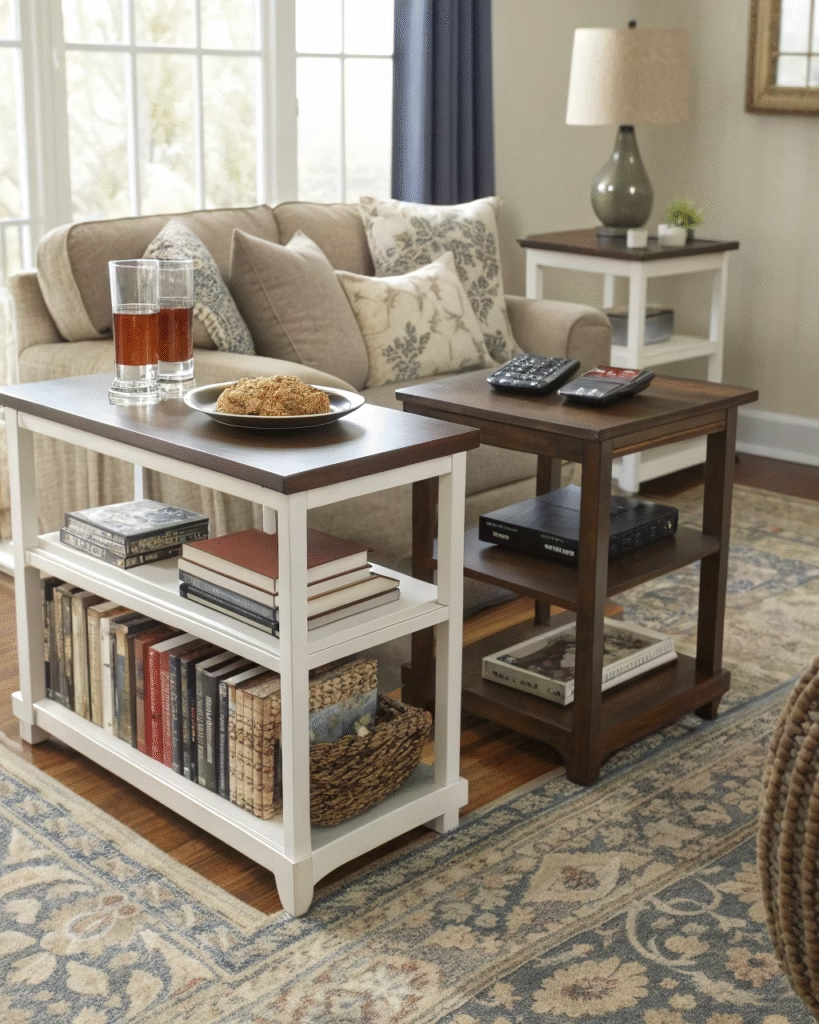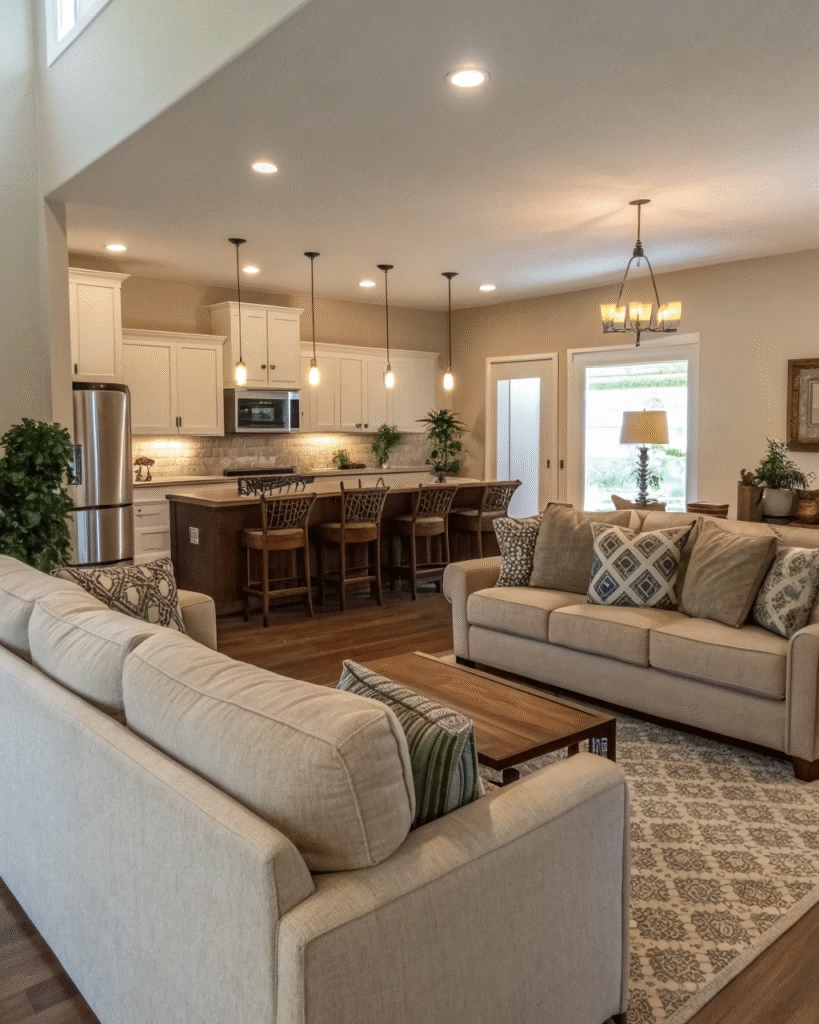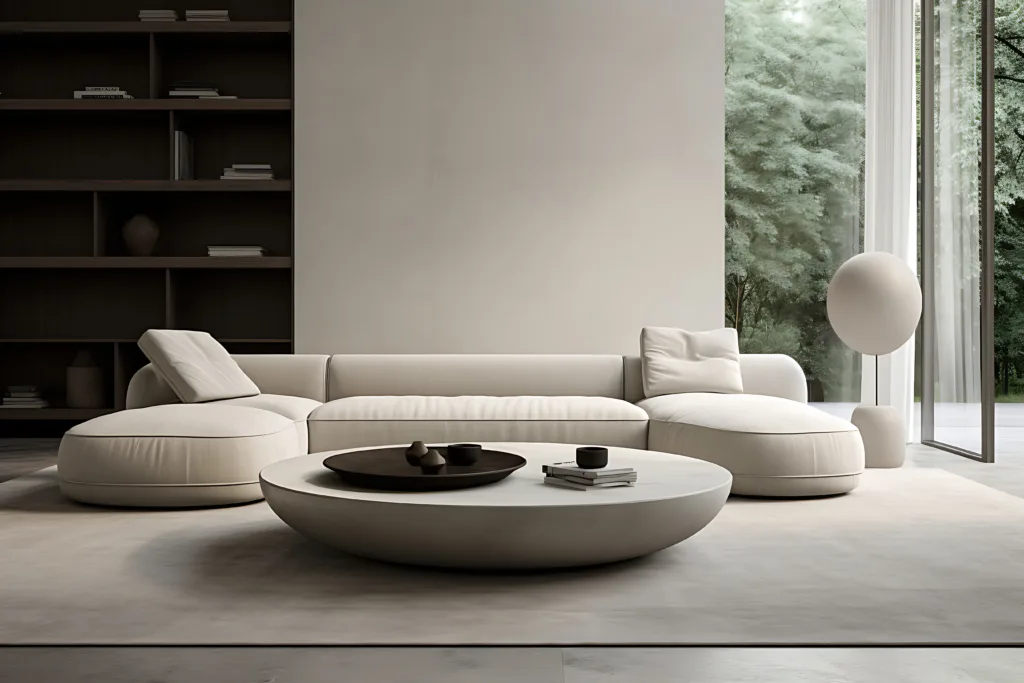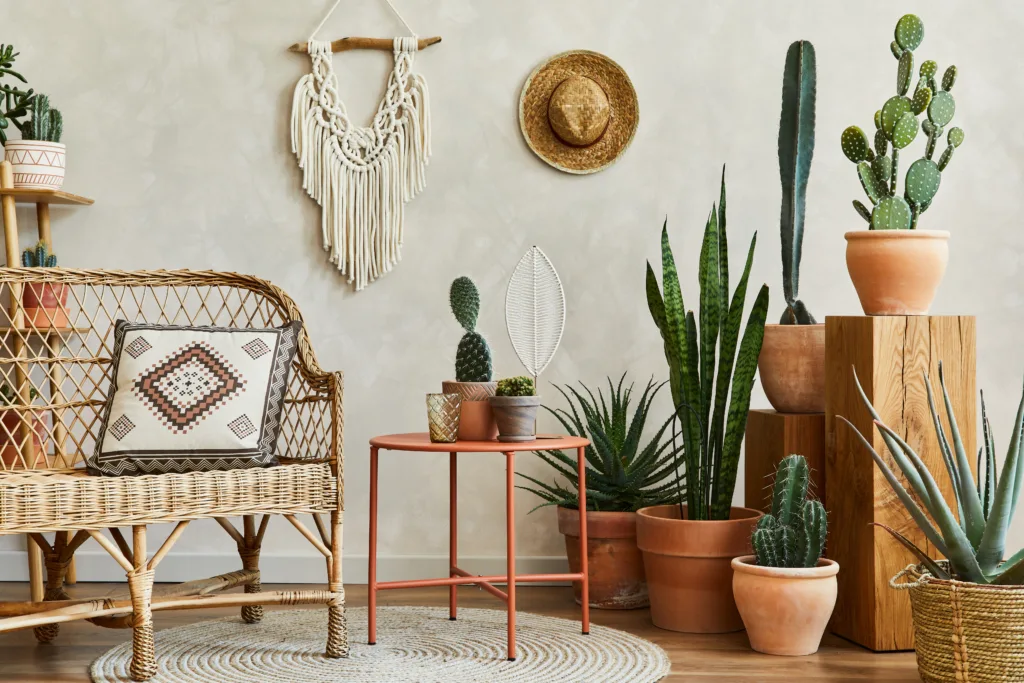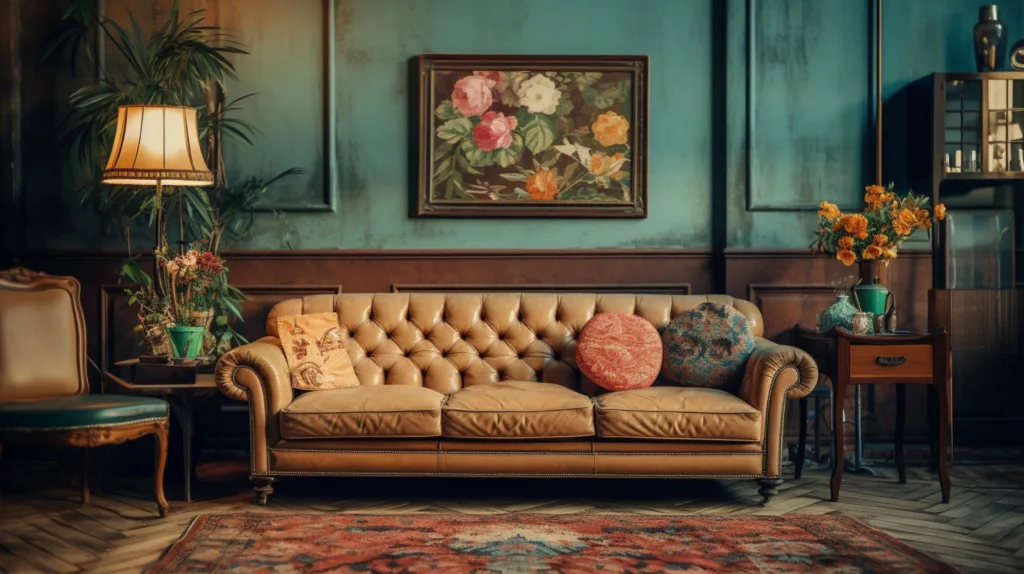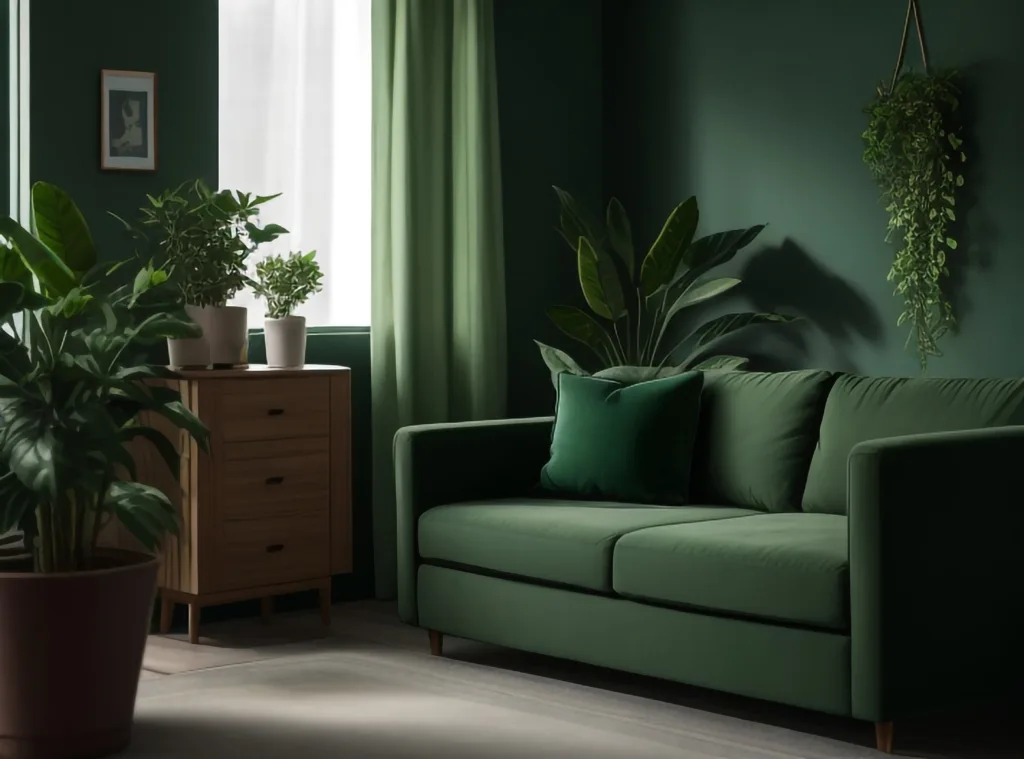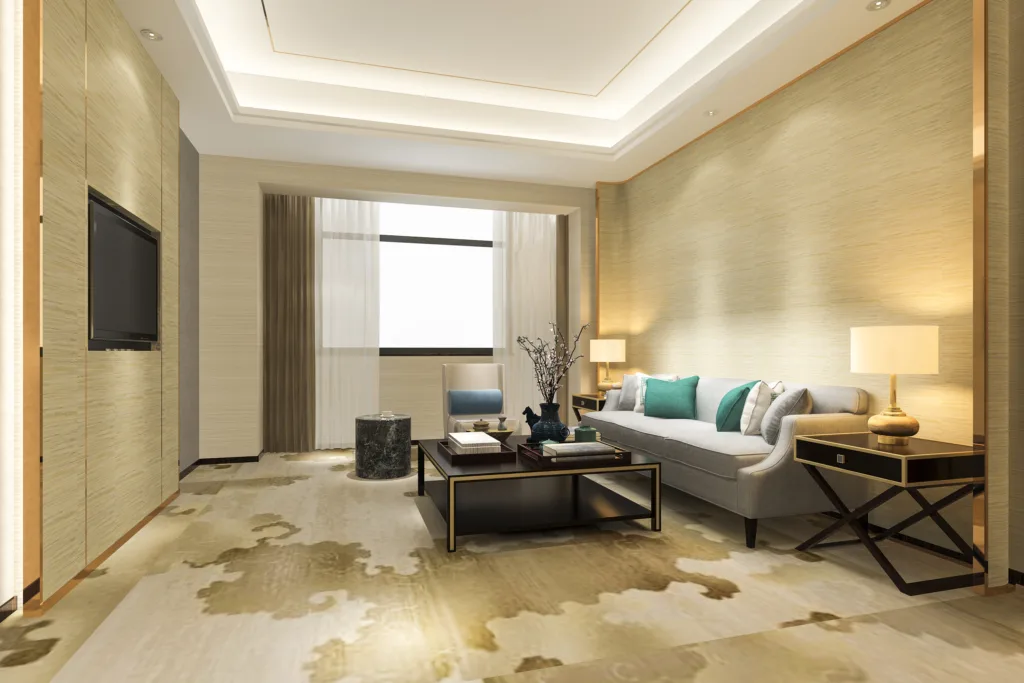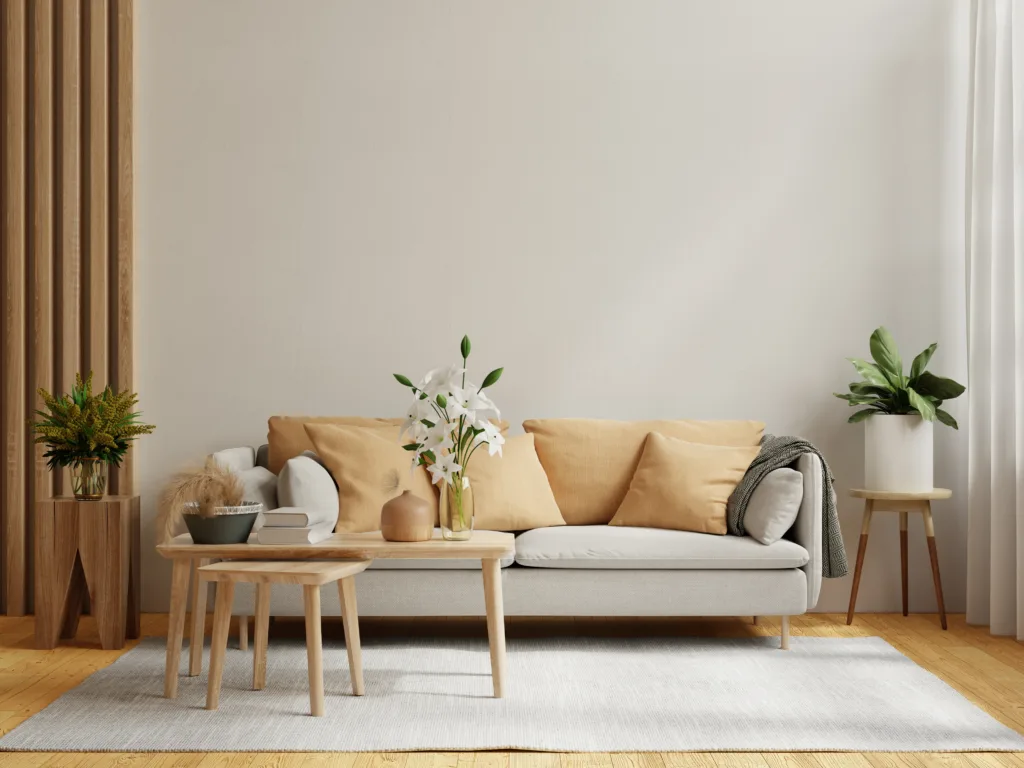17+ Living Room Setup Ideas for Comfort and Flow
Creating a living room that is both comfortable and functional is the ultimate goal. It’s about more than just placing furniture, it’s about designing a space that feels inviting, supports easy conversation, and allows people to move through the room effortlessly.
Whether you’re starting from scratch or refreshing your current layout, these setup ideas will help you achieve the perfect balance of comfort and flow.
Ready to transform your space? Here are 17+ living room setup ideas to inspire you.
1. The Conversation-Friendly Circle
Arrange your primary seating like sofa and chairs in a circular or U-shaped configuration facing inward. This naturally encourages interaction and makes the space feel intimate and engaging.
2. Define Zones with Rugs
Use area rugs to anchor different functional zones within the room, such as a seating area, reading nook, or play space. This visually separates areas while maintaining an open feel.
3. Float Furniture Away from Walls
Resist the urge to push all furniture against the walls. Floating your sofa and chairs away from the walls creates cozier conversation areas and can actually make the room feel larger.
4. Prioritize Clear Pathways
Ensure there’s at least 2–3 feet of clear walking space around seating areas and between furniture pieces. This prevents the room from feeling cramped and allows easy movement.
5. Balance Visual Weight
Distribute larger, heavier pieces (like a sectional or bookshelf) evenly throughout the room. Pair a large sofa with two substantial chairs or a media console on the opposite wall for harmony.
6. Create a Focal Point
Arrange seating to face the room’s natural focal point—whether it’s a fireplace, large window, or media center. This gives the room purpose and structure.
7. Use Multi-Functional Furniture
In smaller spaces, choose furniture that serves more than one purpose, like an ottoman with hidden storage or a sleeper sofa for guests.
8. Layer Lighting for Ambiance
Incorporate a mix of overhead, task, and accent lighting. Floor lamps, table lamps, and sconces allow you to adjust lighting based on mood and time of day.
9. Opt for Soft, Inviting Textures
Add comfort with plush throw blankets, soft area rugs, and upholstered furniture. Textural elements like knit pillows and velvet accents make the space feel cozy.
10. Leave Breathing Room
Avoid overcrowding surfaces like coffee tables and shelves. A minimally styled space feels more relaxed and allows key pieces to stand out.
11. Incorporate Natural Elements
Add warmth and life with houseplants, wooden accents, or natural fiber rugs. Plants also improve air quality and contribute to a calming atmosphere.
12. Choose the Right-Sized Furniture
Oversized furniture can overwhelm a small room, while too-small pieces may get lost in a large space. Measure your room and choose proportional furniture.
13. Flexible Seating Options
Include lightweight chairs, poufs, or stools that can easily be moved to accommodate guests or create new seating arrangements as needed.
14. Symmetry for Calm
Symmetrical arrangements like matching lamps on either side of a sofa or two identical chairs flanking a fireplace, create a sense of order and tranquility.
15. Add Personal Touches
Display items that reflect your personality, such as family photos, travel souvenirs, or favorite books. A personalized space feels more inviting.
16. Keep Essentials Within Reach
Use side tables or shelves near seating to hold drinks, books, or remotes. Convenience enhances comfort and reduces clutter.
17. Softly Separate Open Spaces
In open-concept homes, use furniture, like a sofa with its back to the kitchen or dining area, to define the living room without closing it off.
Final Thoughts
A well-set-up living room is a blend of thoughtful design and everyday comfort. By focusing on flow, proportion, and personal needs, you can create a space that’s not only beautiful but also a joy to live in. Which of these ideas will you try in your home?
- 12+ Ways to Decorate With Adire Fabric in Modern Homes - January 20, 2026
- 15+ Affordable Afrobohemian Decor Updates That Matter - January 20, 2026
- 17+ Afrobohemian Rooms Where Art Does the Heavy Lifting - January 20, 2026

